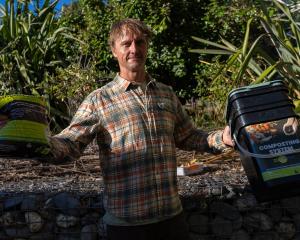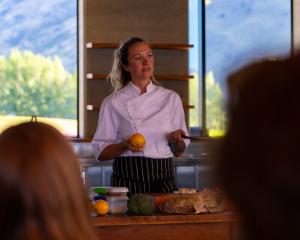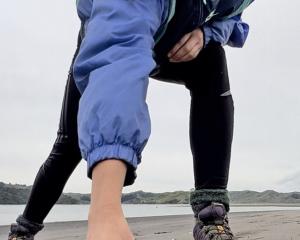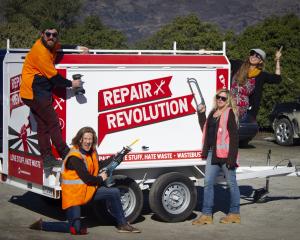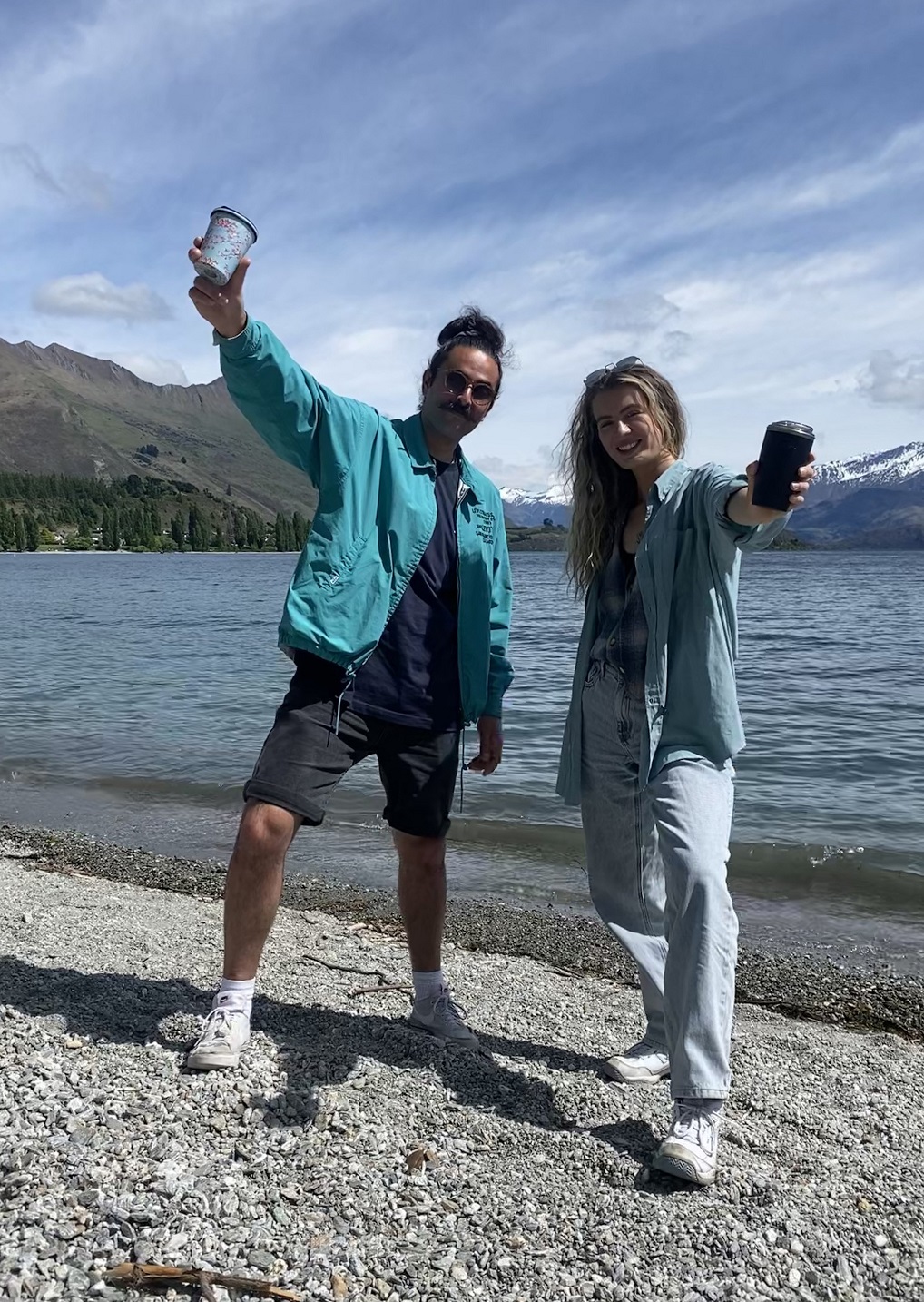

As much as we’re all looking forward to life after the pandemic, Covid has given the Queenstown Lakes district some breathing space to talk about what we want future tourism to look like. It’s widely agreed that tourism will have no sustainable future if it burns out the community and the environment.
The days of funnelling the maximum "bums on seats" through our most beautiful destinations have gone. Pre-Covid, the pressures of the massive increase in tourism globally were overwhelming some of the most popular destinations. In 2018, Barcelona had 32 million visitors, 20 times the resident population. Unsurprisingly, the local community had had enough — resulting in the infamous "visitor go home" graffiti. It was a reminder that there’s a limit to the number of visitors that each community can welcome.
Post-Covid, as people become more aware of their carbon footprint, travel behaviours are also likely to change; with longer stays, fewer trips away and more domestic holidays on the cards. Travellers will also be looking for deeper connection to place and people, and for places that meet their sustainability expectations.
Recently, Wastebusters engaged Darren Rewi, one of our district’s most respected kaumātua, to work with our team. At our first session, he explained the way that te reo Māori embeds layers of meaning and values. One word that really stuck with me was manaakitanga. Darren explained that it is about care and respect for growing the mana of others, and has a sense of reciprocity, building on its common translation of "hospitality".
I love that idea of hospitality going both ways. As visitors to someone else’s community, we can give as well as take. We can treat every interaction as a chance for connection, not just a transaction. We can look after their landscape as if it is our own backyard. We can respect the community’s values while we are enjoying their hospitality. I’m going to try a bit harder next time I travel (watch out Dunedin!).
Which brings me, in a very roundabout way, to waste. On holiday, we all want to feel free and happy. It can be harder to keep up our good habits away from home; like recycling correctly and having your own coffee cup with you. But leaving our rubbish behind and expecting the locals to clean it up (and pay for its disposal) is not treating them with generosity and respect. And it probably doesn’t make us feel that good in the long run.
"Zero waste, it’s just what we do here", is part of the Queenstown Lakes district’s 2050 vision. With community-wide initiatives such as SUCfree (single-use-cup free) Wānaka, many locals are passionate about it. So if you’re heading up this way for summer, here are some hot tips to keep you from making extra waste.
SLOW DOWN
Take time to sit in for coffee, instead of using a single-use throw-away cup, especially as many of our cafes no longer stock them. If you’re in a rush, there are several deposit-return systems for both cups and containers across the district. Walking or biking around town reduces your carbon footprint and makes your trip more fun, especially when it comes to parking.
BE RESOURCEFUL
Bring your own water bottle, coffee cup and bag with you on holiday. If you forget, many of our stores and cafes in Wānaka sell the lovely Plastic Free Wānaka bags and SUCfree Wānaka cups; they make great holiday memories and the profits support local plastic-free initiatives.
Food waste in landfill creates methane, which contributes to climate breakdown. Some campgrounds and backpackers have food waste collection systems. Please look after their composting systems by only putting food into these bins (no packaging etc).
RECYCLE WITH CARE
National standardisation of kerbside recycling is coming, but in the meantime, different towns still accept different materials and use different bins for collections. If you are using the kerbside recycling bins, take a bit of time to find out what you can put in them as contamination is costly to remove and nasty for the recycling crew.
In Queenstown and Wānaka there are public recycling bins available for cans and glass bottles on the lakefront, and in other highly used locations. Collecting single-stream recycling (one recycling bin collects only glass and one recycling bin collects only aluminium cans) reduces contamination to ensure the recycling can meet quality standards, so it can actually be recycled.
SHOP LIKE A LOCAL
We have many shops that support packaging-free shopping, from meat, to dried goods, to veges. You’ll be supporting local owners and enjoying a slower, more conversational and less plasticky way of shopping. For a full list of products you can buy packaging free and where to find them, download the waste-free shopping guide from Plastic Free Wānaka at www.plasticfreewanaka.co.nz, or go to the Rubbish Trip www.therubbishtrip.co.nz for regional zero-waste shopping guides.
If you fancy some holiday op-shopping in Wānaka , check out Wastebusters (winner of the Wānaka’s Local’s Choice favourite clothing shop award), the Salvation Army and Hospice shops.


